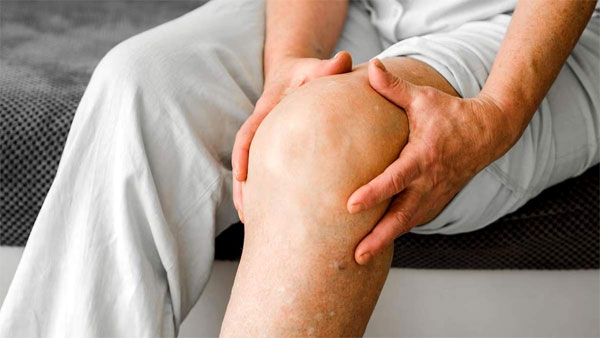Daijiworld Media Network - New Delhi
New Delhi, Oct 9: As air quality continues to deteriorate across major Indian cities, health experts are sounding the alarm over a less-discussed but growing concern: the link between air pollution and a surge in severe cases of rheumatoid arthritis (RA). Speaking at the Indian Rheumatology Association's annual conference in New Delhi, specialists warned that toxic air may be triggering autoimmune disorders in populations previously not considered at risk.
Rheumatoid arthritis, a chronic condition where the immune system mistakenly attacks the body's own joints, is traditionally associated with genetic and immune system factors. However, mounting research from Europe, China, and now India, is pointing to fine particulate matter (PM2.5) as a major environmental trigger. These microscopic particles can deeply penetrate the lungs and bloodstream, setting off systemic inflammation and oxidative stress — conditions that fuel autoimmune responses.

Dr. Uma Kumar, Head of Rheumatology at AIIMS, stated that urban patients with no genetic predisposition are increasingly being diagnosed with RA. “Pollutants are acting as silent catalysts,” she said. “They’re driving inflammation that damages joints and accelerates disease progression. We’re facing a public health emergency.”
According to current data, about 1 per cent of India's adult population already lives with RA, but physicians expect this number to climb sharply due to prolonged pollution exposure. Dr. Pulin Gupta of Dr. Ram Manohar Lohia Hospital noted that cases linked to pollution are more aggressive and harder to treat. “These patients show faster disease progression, more joint deformity, and reduced response to standard therapy,” he said.
Environmental studies also indicate that those living near high-traffic roads, and areas with low greenery and poor air circulation, face a much higher risk. Prolonged exposure to nitrogen oxides and ozone compounds, in addition to PM2.5, further worsens outcomes, especially in those with a family history of autoimmune conditions.
Experts reiterated that RA is a lifelong disease, with no cure — only long-term management. The rise in environmentally triggered RA highlights the urgent need for comprehensive action: strengthening pollution control laws, redesigning urban landscapes to boost green cover, promoting cleaner transportation, and prioritising public health in policymaking.
They also called for early screening programs for vulnerable groups, better patient education, and a broader recognition of air pollution as a serious risk factor not only for respiratory and cardiac health but for autoimmune disorders as well.